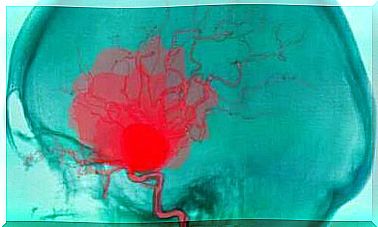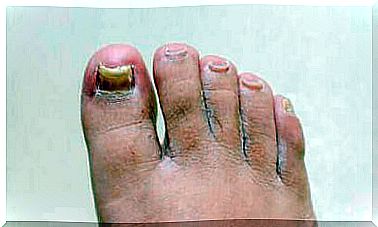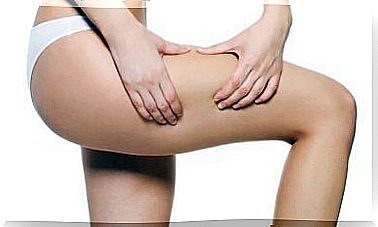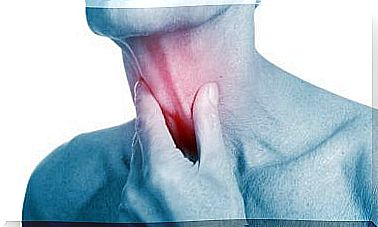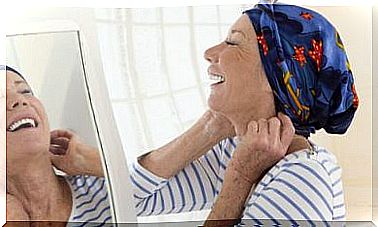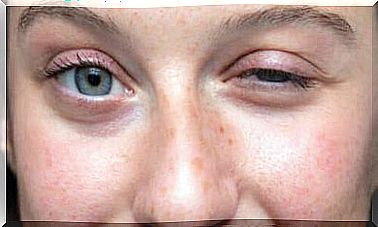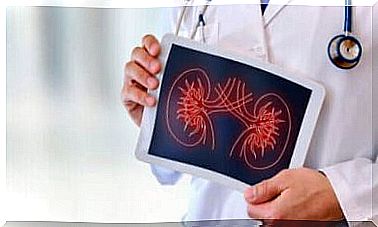Rocío Gil Redondo’s Tips For Skin Care And Rejuvenation Of The Skin
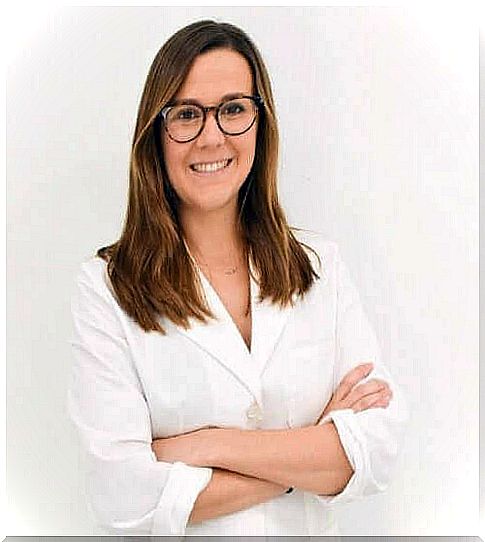
Beautiful skin is healthy skin. Skin requires special care from specialists and good advice in order to stay healthy. In this interview, dermatologist Rocío Gil Redondo talks about skin care and skin rejuvenation.
Your body’s largest organ
The skin is the body’s largest organ. It is almost 2 meters long and has very basic functions: To protect the body from sunlight, temperature and bacteria, and to maintain hydration. The skin allows man to feel and experience: It is a channel of extraordinary sensations that need care.
Everyone dreams of flawless skin, as its appearance is synonymous with beauty. Many therefore seek the latest treatments to maintain their youth, elasticity and shine. However, there is more than just the physical aspect.
Atopic dermatitis, rosacea, acne and birthmarks… Many skin conditions require proper care. Skin care primarily involves protection and prevention: Do not forget that exposure to sunlight is one of the skin’s worst enemies. Skin cancer and premature aging are precisely linked to exposure to sunlight.
Interview with Rocío Gil Redondo: Skin Care
Dr. Rocío Gil Redondo has a degree in medicine from the University of Alcalá and a specialty in dermatology from Guadalajara University Hospital. She works at several medical centers and also teaches courses and holds conferences.
Something that she can tell us from her dermatological experience is that magical remedies do not exist. The most important thing in most cases, such as acne or other skin conditions, is to have appropriate knowledge about skin care. Aspects such as sun protection, cleansing rituals and applying appropriate makeup should never be ignored.
Periodic checks of birthmarks that you have had for a long time, or new ones that you noticed recently, are also about more than aesthetics: It is health and well-being.
Question 1: It is common to hear that skin care varies depending on the skin type. What are the primary skin types and what should we consider about it?
There are primarily four skin types: Normal, oily, dry and combination. To classify them, take into account traits such as softness, gloss, peeling,…. Despite this classification, each skin may behave differently due to environmental factors, such as the weather.
Question 2: We know that there are more sensitive areas on the skin that need special care. What are they and what can we do to care for them?
The most sensitive areas are those that consist of thinner skin, such as the skin around the eyes and lips. To care for them, moisturize them daily with specific creams for these areas and remember to protect them from the sun.
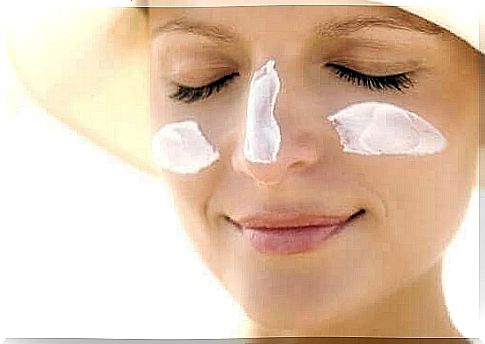
Question 3: The increased risk of exposure to sunlight today is particularly worrying. To what extent should we consider this factor when it comes to skin care?
The sun is one of the primary causes of aging as it leads to loss of skin elasticity, wrinkles, unwanted pigment spots such as melasma, and vasodilation, especially on the neck and chest.
What is more important than this is the risk it poses with regard to the development of skin cancer, which may require surgical eradication with the following aesthetic consequences, in addition to the mortality rate in the presence of certain types of skin cancer, such as breast cancer.
Question 4: Why is it important to scrub and moisturize the skin of the face as part of skin rejuvenation?
Cleansing the face is important as it removes dirt from the environment that accumulates during the day, as well as remnants of makeup. Moisturizing is important as part of skin rejuvenation to maintain skin texture and meet its needs, all depending on the skin type.
Exfoliation helps remove the cells from the outer layer of the skin, which the body naturally eliminates after a few days. I therefore recommend exfoliation in cases that need it, such as skin with a tendency to clogged pores or irregular textures. I do not recommend it in case of sensitive skin which gets irritated easily.
Question 5: Should we avoid any products or types of makeup as part of skin rejuvenation?
People with skin prone to acne should avoid comedogenic makeup and creams to avoid future outbreaks.
Question 6: There is a growing concern about skin rejuvenation. Can you tell us about the most innovative treatment that clinics offer?
One of the most innovative treatments is biophotonic therapy. It is a treatment that uses fluorescent light to stimulate the production of collagen and improve fine wrinkles and scars from acne, reduce the size of the pores and improve the texture and overall quality of the skin.
Another treatment is radiofrequency, which heats the deepest layers of the skin to stimulate the production of collagen and elastin fibers, which improves the flabby skin of the body and face.
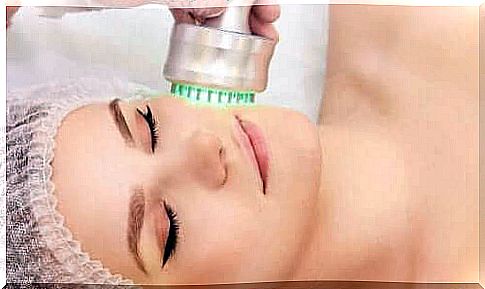
Question 7: Can you tell us a bit about atopic dermatitis? We know that it is a very common skin condition that especially affects newborns. What causes it?
Atopic dermatitis is one of the most common reasons why children go to dermatologists. Up to 10-20% of children under the age of ten may be affected by this disorder to varying degrees. It can even affect quality of life and sleep in moderate and violent cases.
This disorder is caused by a genetically predisposed change in the skin barrier, which can be triggered by factors in the environment. This triggers an inflammatory process, which causes redness, itching and peeling.
Question 8: As the last one, can you tell us what are the most common causes of dermatological check?
Some of the most common dermatological checks are for acne, rosacea, eczema, birthmarks, psoriasis, atopic dermatitis and viral infections, such as viral warts and watery warts. The latter mostly affects children.
I also often see pre-cancerous conditions, such as actinic keratosis and skin cancer, especially basal cell carcinoma. However, these are more common in older adults.

